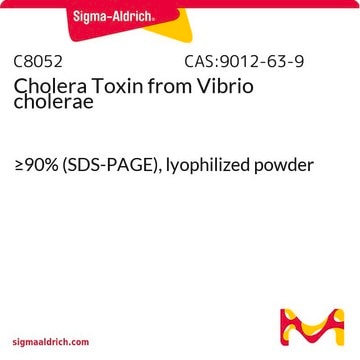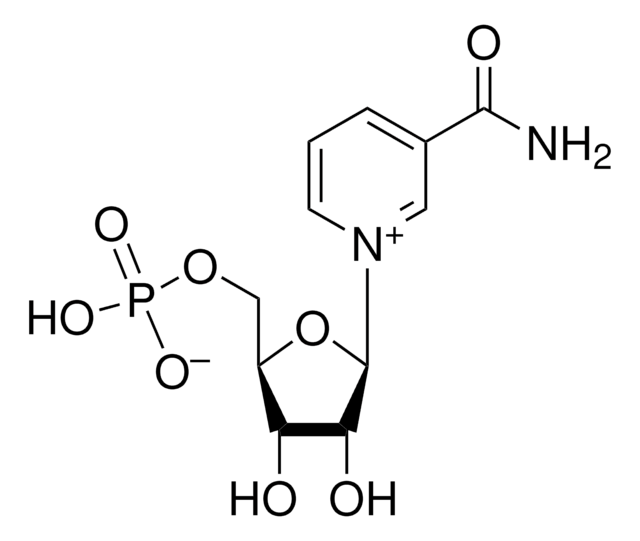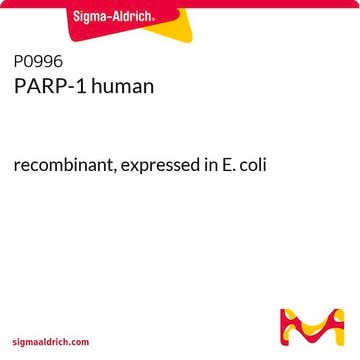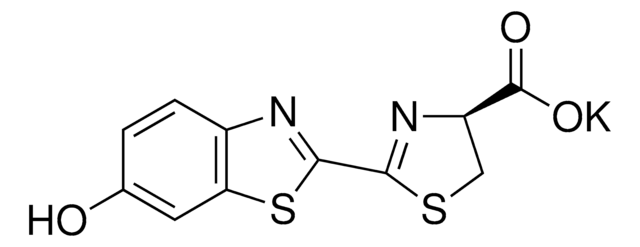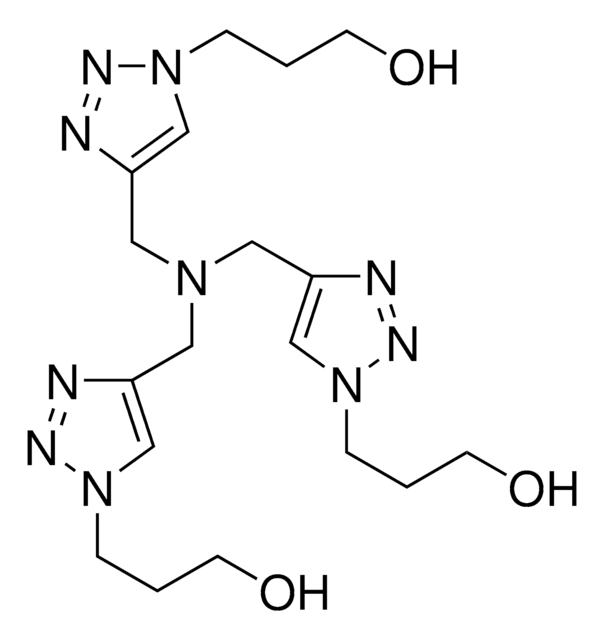A9106
ADP-ribosylcyclase
1000-3000 units/mg protein
Synonym(s):
Adenosine diphosphoribose cyclase from Aplysia californica
About This Item
Recommended Products
biological source
(Aplysia californica)
Quality Level
Assay
≥80 μ protein/vial (BCA)
form
lyophilized powder
specific activity
1000-3000 units/mg protein
composition
Protein, ≤10%
packaging
vial of ≥80 μg protein
storage condition
dry at room temperature
concentration
≤10% (BCA method)
suitability
suitable for enzyme test
application(s)
genomic analysis
storage temp.
−20°C
Looking for similar products? Visit Product Comparison Guide
Application
Biochem/physiol Actions
Unit Definition
Physical form
Signal Word
Danger
Hazard Statements
Precautionary Statements
Hazard Classifications
Resp. Sens. 1
Storage Class Code
11 - Combustible Solids
WGK
WGK 1
Flash Point(F)
Not applicable
Flash Point(C)
Not applicable
Personal Protective Equipment
Regulatory Listings
Regulatory Listings are mainly provided for chemical products. Only limited information can be provided here for non-chemical products. No entry means none of the components are listed. It is the user’s obligation to ensure the safe and legal use of the product.
JAN Code
A9106-BULK:
A9106-VAR:
A9106PROC:
A9106-PH:
A9106-1VL:
Certificates of Analysis (COA)
Search for Certificates of Analysis (COA) by entering the products Lot/Batch Number. Lot and Batch Numbers can be found on a product’s label following the words ‘Lot’ or ‘Batch’.
Already Own This Product?
Find documentation for the products that you have recently purchased in the Document Library.
Customers Also Viewed
Our team of scientists has experience in all areas of research including Life Science, Material Science, Chemical Synthesis, Chromatography, Analytical and many others.
Contact Technical Service
